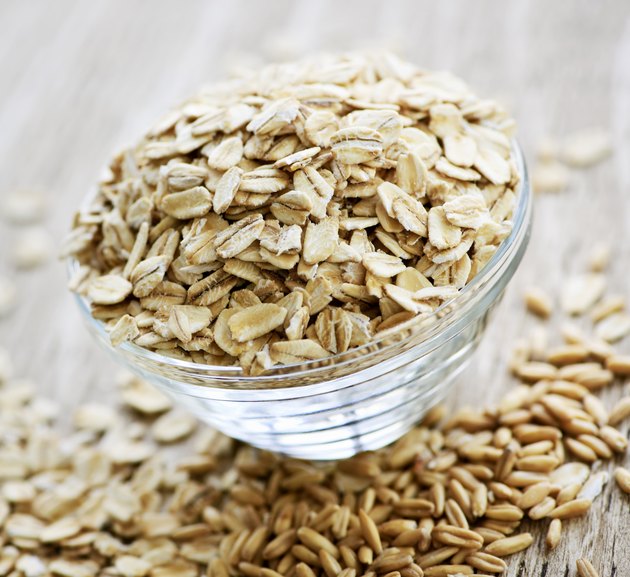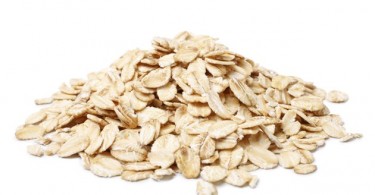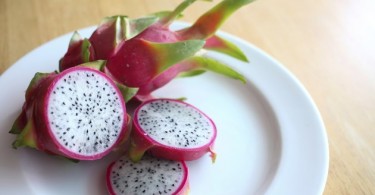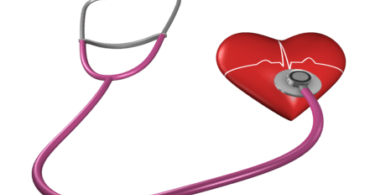When you are pregnant, eating a well-regulated and healthy diet greatly benefits your body. In turn, a healthy diet benefits your baby, because the nutrients you consume are your baby's primary nutrition. For your and your baby's best health, eliminate junk foods and incorporate healthy foods and whole grains, such as oats, in your pregnancy diet.

Advertisements
Importance of Oats in a Pregnancy Diet
Oats and other whole grains supply your body with complex carbohydrates that it processes into valuable energy. In addition, oats contain considerable dietary fiber that helps regulate your digestive system, which pregnancy often disrupts. Oats are a valuable source of potassium and iron in a pregnancy diet. Recipes prepared with steel-cut oats, whole oats, oat flour and rolled oats provide the best nutritional value.
Advertisements
Oats Nutrition
One quarter-cup serving of dry steel-cut oats contains approximately 4 grams of dietary fiber, 73 milligrams of potassium, 27 grams of carbohydrates and 150 calories. In addition, one serving contains approximately 10 percent of the normal daily requirement for iron. While the nutrients in oats are not enough to completely support your pregnancy needs, they contribute to overall health when combined with supplements and a good diet. Each brand and type of oats contains a different amount of nutrients, check the label -- typically on the back of the package -- for specific information.
Incorporating Oats in Your Diet
Oats are a versatile ingredient with many uses. You can boil steel-cut oats, rolled oats and whole oats, often called oat groats, in water or milk for a nutritious breakfast of oatmeal. Oat flour can replace all-purpose flour in many recipes such as pancakes, biscuits, tortillas and cookies. Oat variations of many common foods are often available at natural food grocers if you prefer not to cook recipes from scratch. Granola, cookies, muffins, breads, pie crusts and waffles are more possible oat-based foods. Many flavorings, such as cinnamon, maple, brown sugar, milk, ice cream and fresh fruits, pair well with oats to satisfy pregnancy cravings. Experiment with adding flavors to a serving of basic oatmeal to discover what you prefer. Eating two to three servings of oats per day is not difficult. Try a bowl of oatmeal or oat pancakes for breakfast, granola for a snack, an oat muffin with lunch or a slice of oat bread with dinner.
Warning
Never attempt to manage your pregnancy diet without the help of an obstetrician or certified nutritional specialist. He can help you map how many nutrients and calories your body requires and determine how oats fit into your daily meals. Report any unusual cravings for nonfood items, such as dirt, to your health care professional, because they might be a sign of a nutrient deficiency. When selecting oats to include in your diet, seek products with minimal processing; they often have the highest nutritional value. Fortified oat products also can help you reach your pregnancy nutritional goals.
REFERENCES & RESOURCES Cleveland Clinic: Good Nutrition During Pregnancy for You and Your Baby American Pregnancy Association: Pregnancy Nutrition MyFitnessPal.com: Calories in Steel Cut Oats




Comments